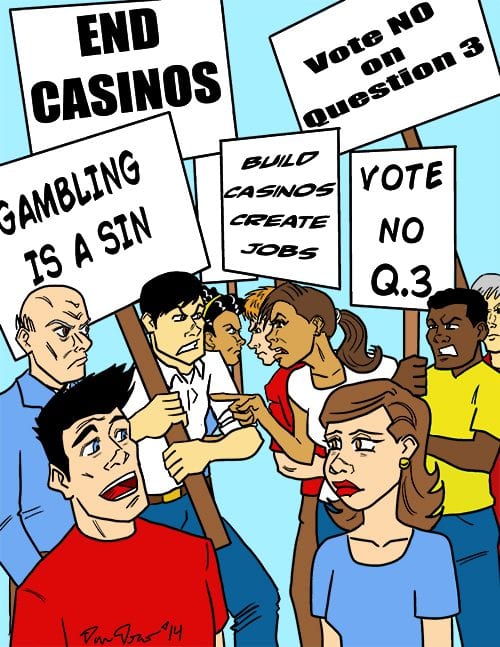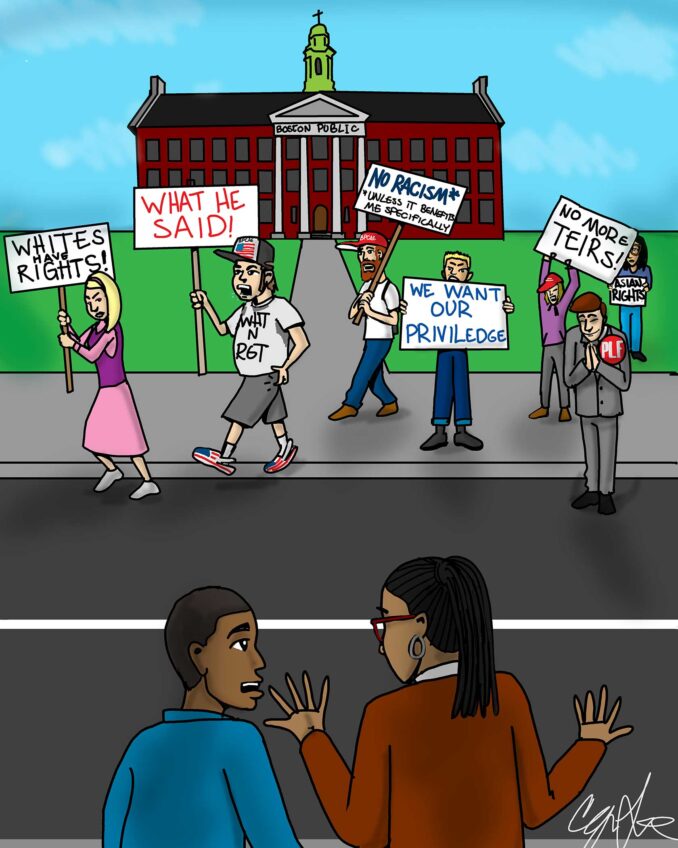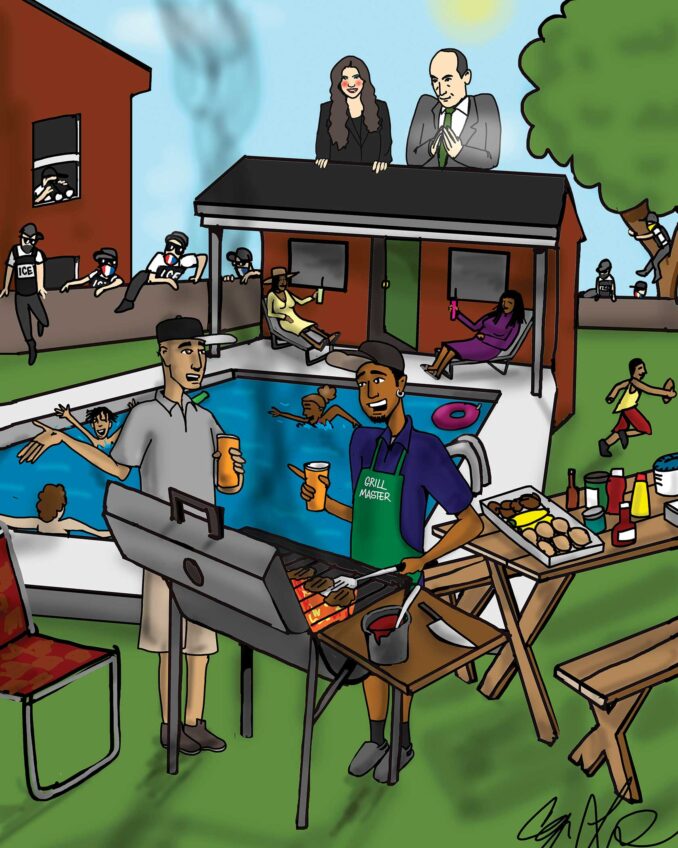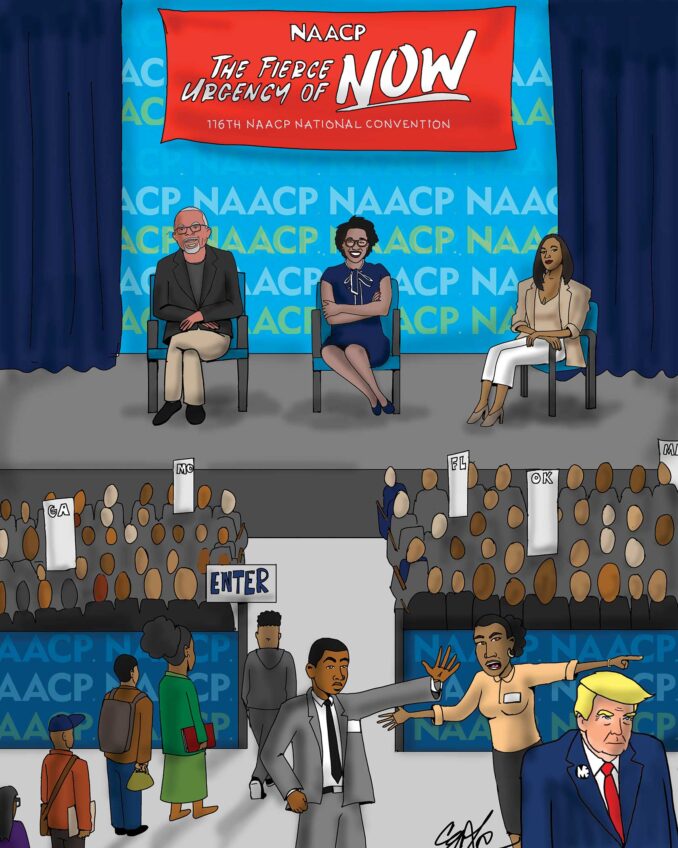
Massachusetts residents elect members to the Legislature with the expectation that they will do the right thing. If the people are dissatisfied with their representatives’ performance, they can act on their own. The state constitution permits the voters to place a proposed law on the ballot with an initiative petition. When a plurality of the votes is cast in support of the proposal the initiative petition becomes law.
This is understandably a complex process and is not frequently used. The Legislature will have an opportunity to consider a measure before it goes on the ballot. This year a minimum of 68,911 signatures were necessary for the measure to attain legislative review. Also, there are some matters beyond the scope of an initiative petition. One obvious limitation is that voters are not permitted to appropriate the expenditure of funds from the Commonwealth’s treasury.
Four questions will appear on the November ballot. They are to:
Enable employees to earn sick time
A no vote would maintain the current law.
A yes vote would enable employees to earn and use sick time in accordance with certain limitations.
Banner opinion — vote yes. Employees should not be fired because they get sick. Every employer must enable workers to accrue sick days. Larger, more affluent employers should provide paid sick days.
Expand the bottle bill
Consumers would have to pay a deposit on non-alcoholic, non-carbonated beverages in cans and bottles as they do now for soda and beer.
A no vote would maintain the current law
A yes vote would expand the scope of beverages covered by the bottle bill and increase associated handling fees.
Banner opinion — vote yes. Carelessly discarded liquid containers are a common sight. A deposit fee would encourage those collecting discarded bottles to add them to their inventory for return. The fee will increase recycling.
Expand prohibition on gaming
The law would prevent the Massachusetts Gaming Commission from licensing a casino or slots gaming establishment and essentially cancel any such license that may have already been issued. It would also prohibit betting on simulcast greyhound races.
A no vote would maintain the current law.
A yes vote would prohibit casinos and some other forms of gaming.
Banner opinion — vote no. The state lottery already sanctions gambling. There is no moral reason for Massachusetts not to compete with casinos in adjacent states.
Eliminate gas tax indexing
The gas tax in Massachusetts is presently $.24 per gallon. Every year it is automatically adjusted in accordance with the change in the Consumer Price Index. The adjusted price can never be less than 21.5 cents per gallon.
A no vote would maintain the current law.
A yes vote would eliminate the automatic adjustment and require the legislators to vote for a tax change.
Banner opinion — vote no. The gas tax funds are used to repair roads and bridges. There is a great backlog of work to be done. The legislative stagnation in Washington has taught Americans that it is not a good idea to depend on political action.





